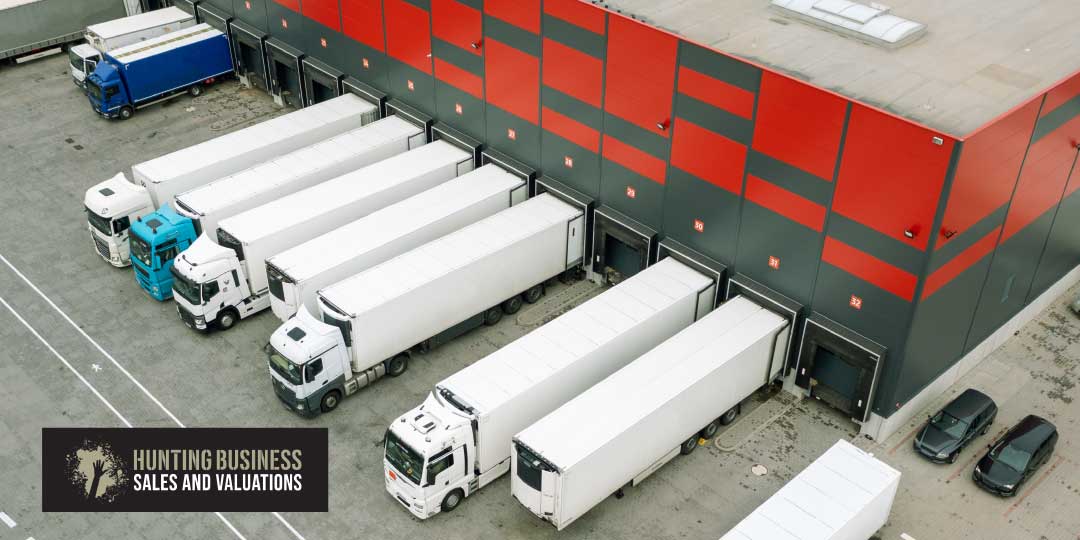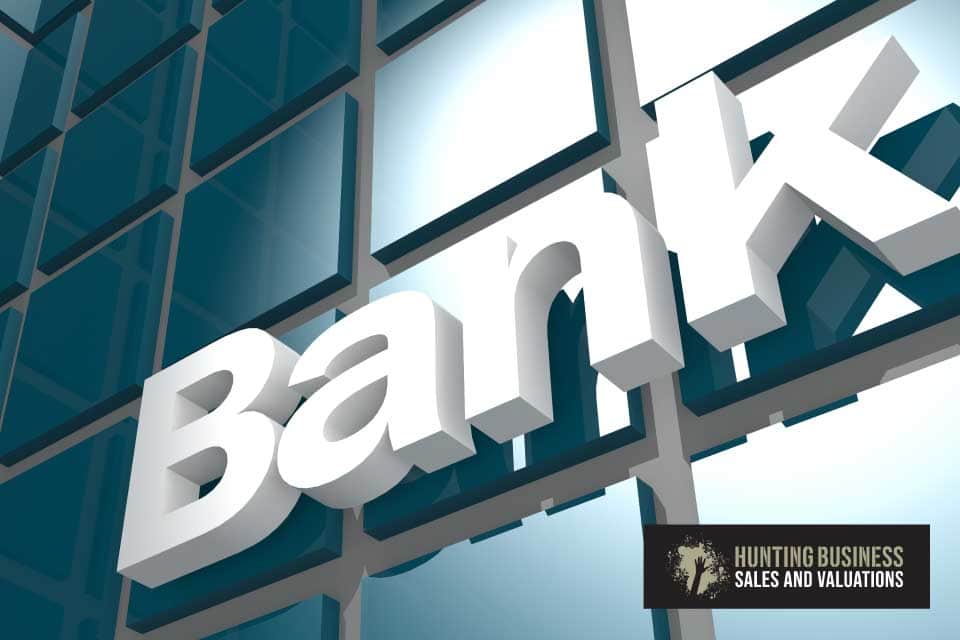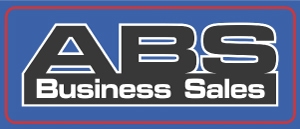Logistics Businesses In Demand In A Supply Constrained World
Owners of logistics businesses have been seeking my help recently. They have wanted to know what a sensible price would be to list their transport or transport and warehousing businesses for sale.
Although I have written about businesses with high tangible assets before. This article is more specific. The type of companies that have approached me include 2PL and 3PL businesses.
Apologies for the jargon. Let me explain what these terms mean.
2PL focuses on the transportation part of logistics. They own or manage their own fleet and subcontract to businesses to transport their products from one location to another.
These businesses have often made substantial capital investments. They typically focus on building their fleet to meet their customer’s demand.
3PL can provide warehousing and distribution. Besides providing a fleet, they have facilities which their customers can use to accommodate their goods.
While these businesses can have external contractors supply the fleet, the businesses I have evaluated own their own fleet.
Businesses with large fleets, such as logistics businesses or large amounts of plant and equipment, require some tweaks for valuation.
A Multiple Of Profits
The usual approach when valuing a business is to apply a market derived multiple to adjusted profits. The adjusted profit stand is a proxy for Future Maintainable Earnings while the multiple values the business as a multiple of the profits it produces.
Where the business has a lot of plant and equipment, this type of calculation may provide a value that is less than the value of the tangible assets of the business. This means that we place no value on the profit the business produces.
The business valuation collapses into a sale of tangible assets. This outcome leads to the conclusion that the business has no inherent value other than what another entity can do with the plant and equipment.
If applied to 2PL and 3PL logistics businesses, you often end up with an asset sale and no goodwill value for the business, since the fleet is a dominant component of the business.
To overcome this problem, business brokers and valuers use a rule of thumb.
Profit Plus Plant and Equipment
They developed a formula where the value of plant and equipment is part of the valuation. It added the value of the plant and equipment to a year’s profit to come up with an overall value of the business.
There is little finesse to this type of valuation, but in an era where interest rates were very low and declining, it worked well.
The eventual sale price may end up being a combination of the value of the plant and equipment, plus a proportion of the annual profit. At least goodwill is part of the value of the business.
The addition of the value of plant and equipment to profit is a specific case of a more general calculation that works when interest rates are negligible.
Now that the interest rate environment has changed, the formula is falling apart. It requires a bit of finesse.
I described more detail of what interest rate changes are doing in an article called The Hurdle Rate.
The Market Has Changed
The economic environment and market for businesses have changed. As I have written, the underlying structure of interest rates has moved, and interest rates have gone up.
Buyers have always looked at businesses compared to other investments, not just other businesses. The new environment elicits a preference for businesses in this comparison.
The new environment is like a double-edged sword.
It brings to bear an assessment of a suitable return for a particular asset class in the decision to outlay for plant and equipment.
It also emphasises the importance of an asset that provides cash and profit. Assets that concentrate on capturing a capital gain are not as attractive for investment.
I have written that the job of business is to make money. That capability is more keenly sought after when the risk associated with owning passive assets has increased.
Their price to earnings ratio has climbed and the cost of capital is no longer negligible.
Where significant amounts of plant and equipment or a large fleet are involved, as occurs in logistics businesses, the super profit method of valuation is an excellent tool.
It is better at estimating a sensible price at which to list a business for sale.
What Is The Opportunity Cost
It adjusts the profit of a business to consider a suitable return for the class of assets which make up the plant and equipment.
The return that would be suitable requires some judgement. A fleet of trucks in logistics businesses that require high levels of ongoing maintenance and endure wear and tear is different to a lathe that is long-lasting and stationary.
Since the purchase of the plant and equipment imply an opportunity cost that is measured in financial terms, this cost needs to be considered in the profit.
The super profit method of valuation adjusts the measure of future maintainable profits. It includes a suitable return that the outlay for plant and equipment or a fleet should provide since it represents income foregone.
This reduced profit is the figure to which we apply a multiple in obtaining a value of the capitalised profit.
We then add the value of the plant and equipment or fleet to the capitalised profit to come up with a business value.
It’s All About The Hurdle Rate
The shift in hurdle rates in a new environment of interest rates has had a profound impact on the valuation of businesses. Especially businesses with enormous assets and large profits such as logistics businesses.
For business owners who want to turn their business into cash, this is a good time to start a methodical process towards a sale.
I have written here about how a business valuation can help in this process.
If you want to start a discussion with me about embarking on this process, I would be delighted to help.










